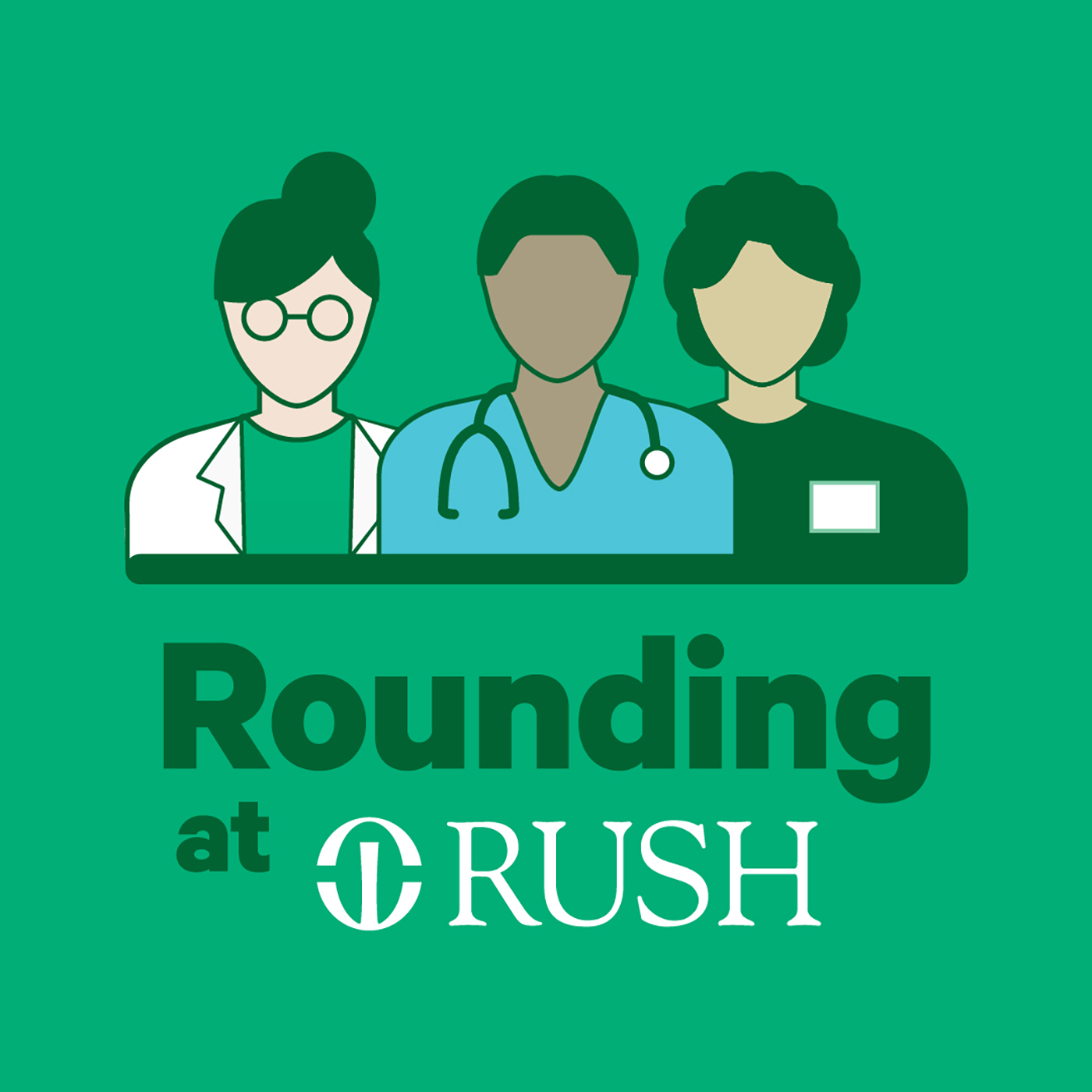
Rounding at Rush spotlights the work of physicians across the Rush University System for Health, comprised of two community hospitals and Rush University Medical Center, which is ranked by U.S. News & World Report as one of the nation’s best hospitals. As a leading health system, Rush delivers outstanding patient care, offers the latest treatments, educates the next generation of health care providers, and pursues groundbreaking research. Accreditation Statement In support of improving patient care, Rush University Medical Center is jointly accredited by the Accreditation Council for Continuing Medical Education (ACCME), the Accreditation Council for Pharmacy Education (ACPE), and the American Nurses Credentialing Center (ANCC), to provide continuing education for the health care team. This activity is being presented without bias and with/without commercial support. Designation Statement Rush University Medical Center designates this internet enduring material activity for a maximum of One (1) AMA PRA Category 1 Credit(s)™. Physicians should claim only credit commensurate with the extent of their participation in the activity. Disclosures The course director(s), planner(s), faculty and reviewer(s) of this activity have no relevant financial relationships to disclose.
Episodes

Monday May 05, 2025
Expert Neuro-Emergency Transfer Care at Rush With Rajeev Garg, MD
Monday May 05, 2025
Monday May 05, 2025
Rush University Medical Center’s neurocritical care team treats patients with complex, emergent neurological conditions, providing them with advanced care that is available 24 hours a day, seven days a week.
In this episode of Rounding at Rush, Rajeev Garg, MD, chief of the Division of Neurocritical Care at Rush, talks about how Rush clinicians collaborate closely with stroke specialists and neurosurgeons to treat patients with a range of severe neurological injuries, including aneurysmal subarachnoid hemorrhage, intracerebral hemorrhage, large ischemic strokes, traumatic brain injuries, status epilepticus and spinal cord injuries.
“Time is brain. The longer an injured brain remains without treatment, the worse the damage and the worse the outcomes. As neurointensivists, our goal is to limit damage to the brain and provide patients the best possible outcomes for recovery.”

No comments yet. Be the first to say something!